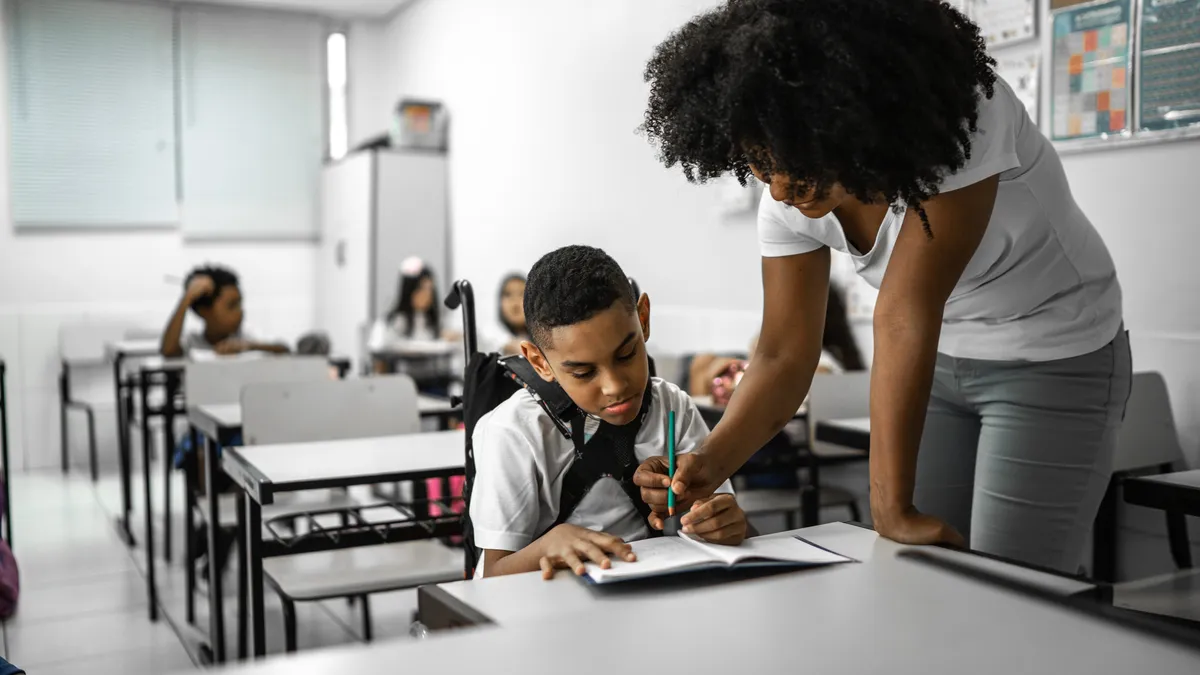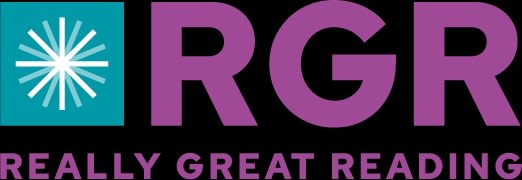Giving students equitable access to high-quality instruction and resources for becoming proficient readers will help inspire a love of reading and give them ownership in their own literacy development, according to a report from EdTrust.
States are making progress in promoting evidence-based reading, but more needs to be done for all students to become skilled and engaged readers, said Shayna Levitan, a P-12 policy analyst at EdTrust and author of the report. EdTrust is a nonprofit that promotes educational equity for students of color and students from low-income families.
"Every student has the right to read and to learn to read using rigorous, diverse instructional materials and the most effective instruction," said Levitan in a July 29 statement.
Disappointing reading proficiency in recent years — as measured by exams like the National Assessment of Educational Progress — has led to many states adopting evidence-based reading policies such as science of reading frameworks. According to the Council of Chief State School Officers, most states had some type of law or policy addressing pre-K-12 literacy initiatives as of March 2024.
U.S. Education Secretary Linda McMahon has said literacy education is her No. 1 priority.
The EdTrust report recommends these six principles for states to advance equity in literacy:
- Ensure instruction and curricula are evidenced-based. State literacy policies and implementation efforts should support schools with the adoption, implementation and continuation of evidence-based and culturally affirming instructional practices.
- Have materials that connect to students' identities and interests. Students who don’t see themselves authentically portrayed in learning materials are less likely to feel engaged and motivated to read, which can hinder their development of complex reading skills.
EdTrust points out that efforts at the state and federal levels to restrict literature that reflects a variety of student cultures and experiences is "undercutting access to high-quality education, to the detriment of students’ literacy development." - Tailor supports to students' unique needs. Schools should provide early, targeted and differentiated interventions to students who require additional supports. Resources and interventions from qualified educators should be focused on multilingual learners, students with dyslexia and struggling older readers.
- Begin literacy education at birth. States need to invest in high-quality and culturally responsive early education and family literacy programs. These supports can help young children gain pre-literacy skills.
- Put resources toward supporting teachers. Teachers should have strong educator preparation supports, continuing professional development and on-the-job assistance so they are able to use evidence-based literacy instruction and interventions.
- Don't sideline families. Partnering with families can benefit students' literacy skills development. This includes providing families accurate information about their child's reading progress.













